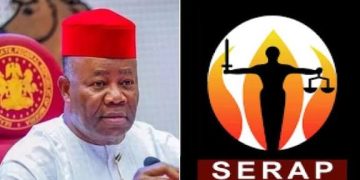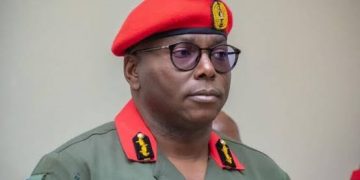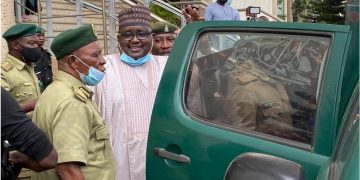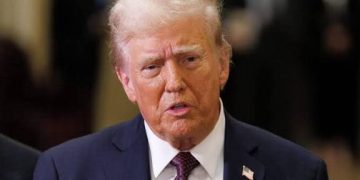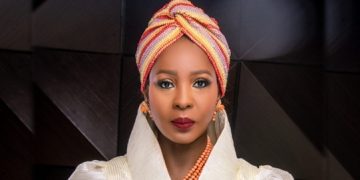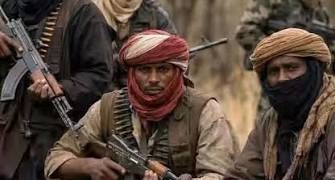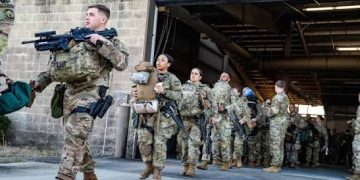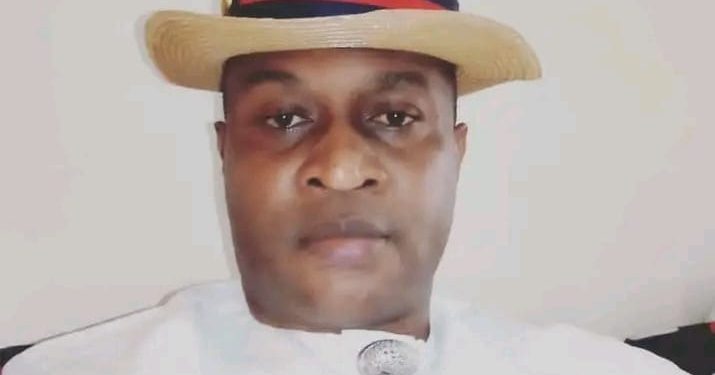Whether the recent change in Nigeria’s service chiefs was deliberate or circumstantial, one fact remains indisputable: the country’s worsening security situation has become a global concern. From Washington to across humanitarian networks worldwide, Nigeria’s internal crisis has drawn intense international scrutiny.
President Bola Ahmed Tinubu, who assumed office in May 2023, owes Nigerians a constitutional duty to protect lives and property. His recent decision to overhaul the leadership of the Armed Forces is seen by many as a desperate but necessary attempt to stem the tide of insecurity. Yet the question remains: will these new chiefs deliver differently from their predecessors?
For more than a decade, successive Nigerian administrations have struggled to contain insurgency, banditry, and sectarian violence. From the Boko Haram insurgency under Goodluck Jonathan to the farmer-herder conflicts and mass abductions that plagued the Muhammadu Buhari era, each administration has promised change only for insecurity to deepen further. Under Tinubu, the pattern appears to persist, with rising violence, kidnappings, and targeted attacks across the North, Middle Belt, and Southeast regions.
International human rights organizations, social media influencers, faith-based groups, and prominent figures have increasingly amplified claims of an ongoing “Christian genocide” in Nigeria. They cite relentless attacks on churches and Christian communities, particularly across the central and northern parts of the country. Since Tinubu’s inauguration, more than 10,000 people have reportedly been killed, hundreds kidnapped, and an estimated 3 million displaced by violence, according to various humanitarian sources’ figures that can only be compared to those of the Nigerian Civil War.
In the United States, these developments have spurred political attention. Senator Ted Cruz, a prominent Republican and advocate for religious freedom, has accused the Nigerian government of enabling what he termed a “massacre” against Christians. In an X (formerly Twitter) post on Tuesday, Cruz alleged that since 2009, over 50,000 Christians have been killed and more than 18,000 churches and 2,000 schools destroyed by “Islamist armed groups.” Although he did not cite specific sources, Cruz has introduced a bill seeking to sanction Nigerian officials accused of “ignoring or even facilitating the mass murder of Christians.”
If enacted, such sanctions could impose economic, diplomatic, and travel restrictions, pressuring Nigeria to address alleged human rights violations and security failures. These punitive measures, whether unilateral or multilateral, would further strain Nigeria’s international reputation and potentially affect its economy and foreign relations.
Against this tense backdrop, President Tinubu’s decision to remove and replace key military chiefs takes on added significance. On Friday, the President ordered sweeping changes across the leadership of the Armed Forces moves aimed, according to the Presidency, at “injecting new direction” into Nigeria’s security architecture and strengthening command loyalty.
While leadership changes are not unusual in the Nigerian military, the timing of this shake-up has raised eyebrows. It follows persistent rumors of internal unease and alleged coup plot claims that the Defence Headquarters (DHQ) has repeatedly dismissed as “malicious and unfounded.” Earlier in February 2024, an alleged report circulated that the elite Guards Brigade, tasked with protecting the Presidency, had been placed on high alert over a supposed coup plot. The Ministry of Information quickly refuted the reports, calling them “desperate acts of disinformation.”
Bayo Onanuga, the Special Adviser to the President on Information and Strategy, provided further clarification, stating that the President acted within his constitutional powers as Commander-in-Chief.
“Service chiefs can be hired and fired by the President,” Onanuga said. “He has the power to hire and fire. The changes are about giving the military new energy and direction.”
Despite the official explanation, analysts argue that Tinubu’s move may also be intended to consolidate loyalty within the Armed Forces amid growing domestic tension and international criticism. Whether this reshuffling translates into real progress on the ground remains uncertain.
For millions of Nigerians, the daily reality of insecurity bandit raids, kidnappings, and ethno-religious violence has become unbearable. From the North-East to the Middle Belt and parts of the South, fear remains an unwelcome constant.
The international community is watching to see whether Tinubu’s new service chiefs will break the vicious cycle or simply continue the old pattern of promises without performance. For now, the stakes could not be higher both for Nigeria’s internal stability and its standing on the global stage.
Daniel Nduka Okonkwo is a seasoned writer, human rights advocate, and public affairs analyst, widely recognized for his incisive commentary on governance, justice, and social equity. Through his platform, Profiles International Human Rights Advocate, he has consistently illuminated critical social and political issues in Nigeria and beyond, championing accountability, transparency, and reform.
With a portfolio of more than 1,000 published articles available on Google, Okonkwo’s works have appeared in prominent outlets such as Sahara Reporters and other leading media platforms. Beyond journalism, he is an accomplished transcriptionist and experienced petition writer, known for his precision and persuasive communication. He also works as a ghostwriter and freelance journalist, contributing his expertise to diverse projects that promote truth, integrity, and the protection of human rights.


